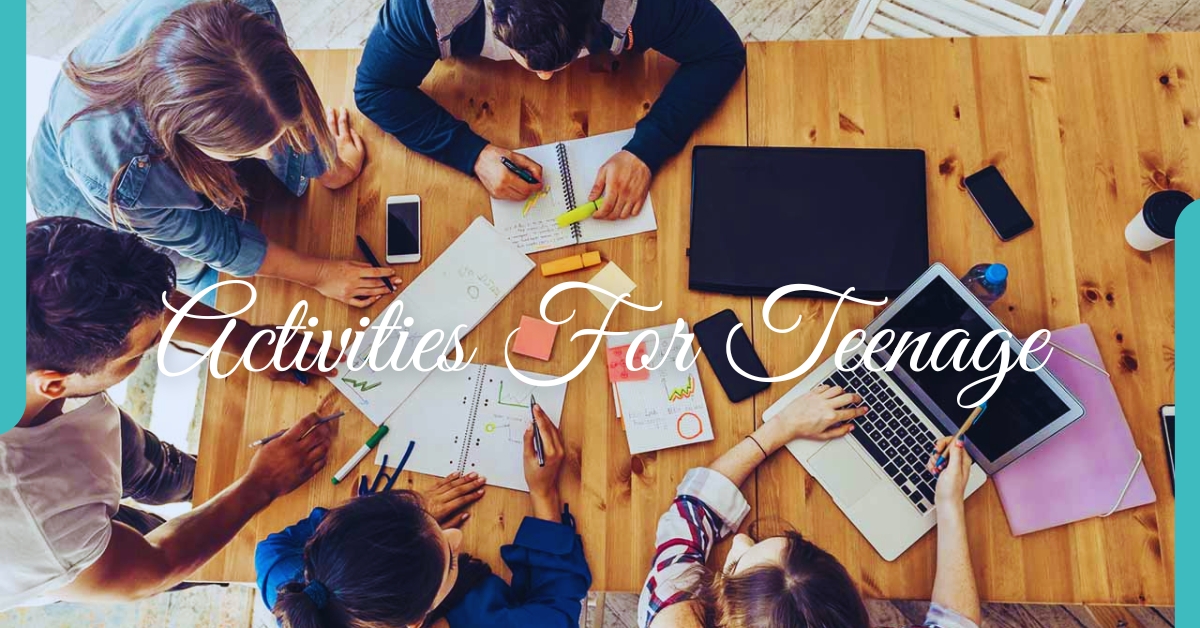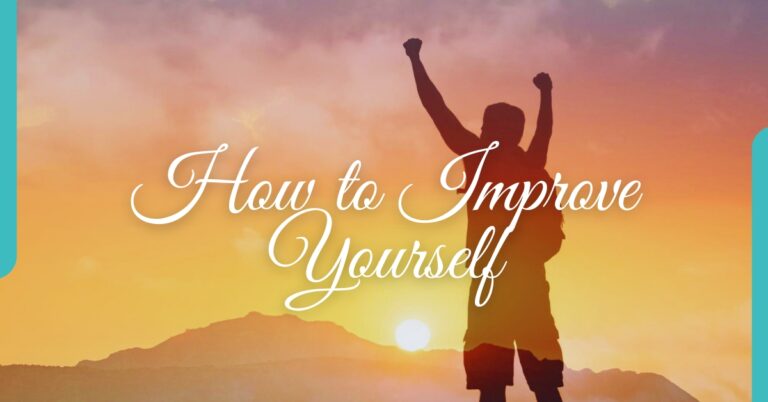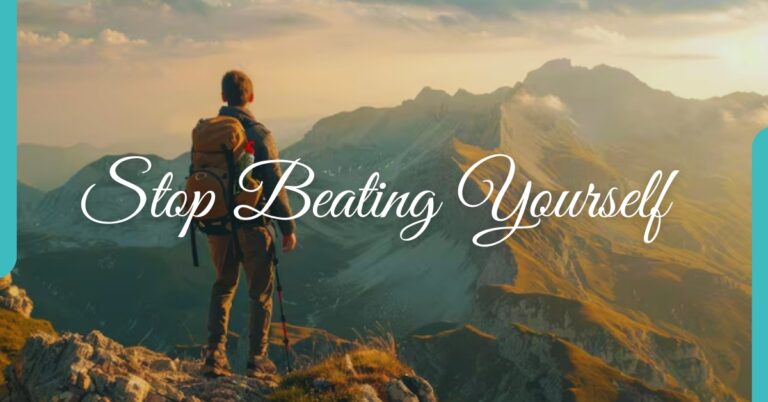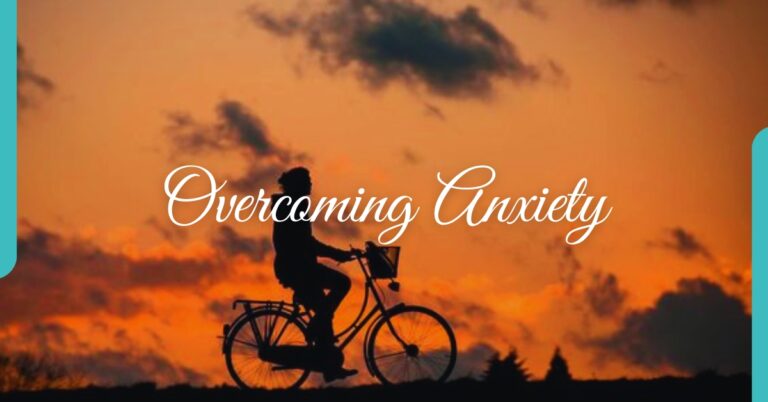15 Best Teenage Confidence-Building Activities For Students
These 15 Best Teenage Confidence & Self-Esteem Building Activities are each designed to empower young minds and encourage personal growth. From adventurous outer activities that push physical limits to artistic endeavors that unleash creativity, these engaging pursuits encourage resilience and create lasting memories.
Navigating the tumultuous waters of adolescence can often feel like a high-stakes game of survival, where self-esteem and confidence are the currencies that determine success. These essential qualities may seem elusive, particularly in an age dominated by social media comparisons and academic pressures.
Supporting a strong sense of self-worth is not just a luxury it’s a necessity for thriving in today’s world. By engaging in teenage confidence-building activities designed to build self-esteem and confidence, young people can transform their inner dialogue from self-doubt to empowerment.
The journey towards self-esteem may seem daunting, but it can be filled with excitement and discovery. Whether it’s through creative expression, physical challenges, or social engagement, there are countless ways for teens to cultivate their sense of self-worth.
What Is Self-Esteem?
Self-esteem is the foundation upon which individuals build their perceptions of self-worth and capability. It’s not just about feeling good; it’s a dynamic evaluation of one’s value influenced by experiences, relationships, and personal achievements.

Teenage years are particularly crucial, as this is when identities begin to form and solidify. Engaging in teenage confidence-building activities, such as team sports or creative arts, provides not only a platform for expression but also encourages an environment where young individuals can experience success and learn resilience.
By courageously stepping outside their comfort zones through such activities, teenagers can discover untapped strengths that contribute significantly to lifelong self-confidence an asset that will serve them well into adulthood.
The Causes of Low Self-Esteem in Teens
Low self-esteem in teenagers often stems from the societal pressures heightened by social media. Platforms, where curated perfection is showcased, can distort reality, leading teens to constantly compare themselves with idealized versions of others.
These teenage confidence-building activities not only promote feelings of inadequacy but also cultivate a culture of instant validation, making them reliant on external approval rather than their intrinsic worth. Parents and guardians must encourage open dialogues about these influences encouraging teens to critically assess what they consume online.
These experiences not only help build resilience but also encourage collaboration among peers, reminding adolescents that everyone faces struggles and that personal growth often comes from embracing imperfections rather than shying away from them.
The Value of Building Self-Esteem in Teenagers
Building self-esteem in teenagers is crucial, as it lays the foundation for their future well-being and success. Engaging in confidence-building activities can transform the way adolescents view themselves and their abilities. Research shows that when teens participate in team sports or arts programs.
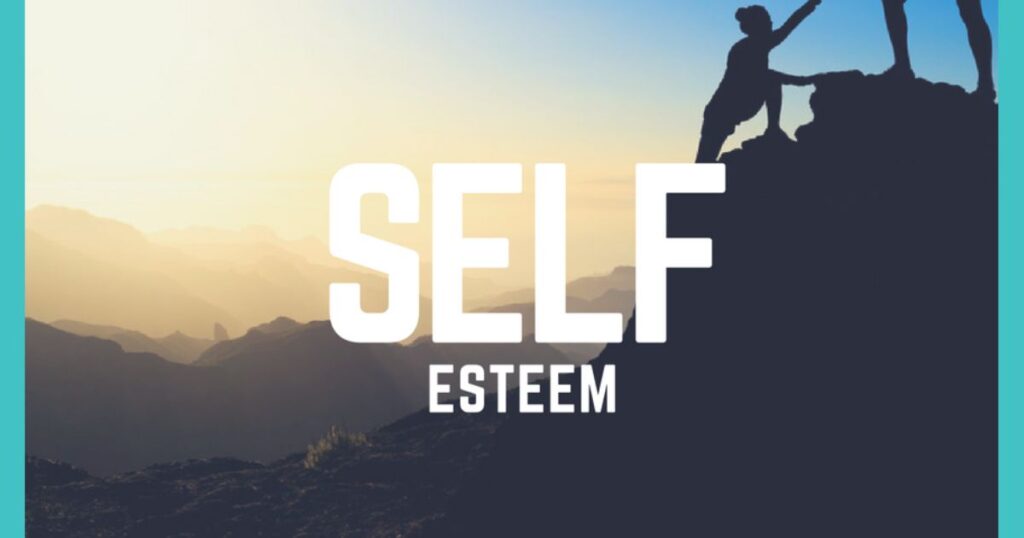
They develop not only skills but also a sense of belonging and accomplishment. These experiences help them discover their passions while encouraging resilience; overcoming challenges becomes a source of empowerment rather than discouragement.
By focusing on cultivating skills both inside and outside the classroom, we equip teenagers with tools that extend far beyond adolescence shaping strong adults who are ready to take on life’s challenges with certainty and grace.
Self-Worth and Self-Esteem Quotes
These self-worth and self-esteem quotes help you to gain confidence and focus on your goals. We all struggle with self-doubt and insecurity from time to time. To persevere, you must have confidence in yourself. These quotations will help you feel more confident and worthy of yourself on the days when you are having a hard time and need a little additional encouragement. You can succeed at this!

- ‘’Life is tough, my darling, but so are you’’. STEPHANIE BENNETT HENRY
- ‘’Believe you can and you’re halfway there’’. THEODORE ROOSEVELT
- ‘’The most terrifying thing is to accept oneself completely’’. CARL JUNG
- ‘’Accept who you are; and revel in it’’. MITCH ALBOM
- ‘’Wanting to be someone else is a waste of the person you are’’. MARILYN MONROE
- ‘’Tear off the mask, your face is glorious’’. RUMI
- ‘’No one can make you feel inferior without your consent’’. ELEANOR ROOSEVELT
- ‘’Never dull your shine for somebody else’’. TYRA BANKS
- ‘’The most beautiful thing you can wear is confidence’’. BLAKE LIVELY
- ‘’Self-confidence is contagious’’. STEPHEN RICHARDS
- ‘’To love oneself is the beginning of a lifelong romance’’. OSCAR WILDE
- ‘’The most beautiful thing you can wear is confidence’’. BLAKE LIVELY
- ‘’Self-confidence is contagious’’. STEPHEN RICHARDS
- ‘’Act as if what you do makes a difference. It does’’. WILLIAM JAMES
- ‘’Be messy and complicated and afraid and show up anyways’’. GLENNON DOYLE MELTON
How to Build Self-Confidence With Your Teen
Building self-confidence in your teen requires intentional and engaging activities that not only promote growth but also create meaningful connections. One effective approach is to encourage your teenager to pursue a passion or hobby they feel excited about, whether it’s art, sports, or coding.
A vital aspect of boosting teenage confidence lies in facilitating social interactions that promote teamwork and collaboration. By providing them with the resources and time to develop this interest, you empower them to build skills and gain confidence through mastery. Celebrate their progress along the way recognition can be a powerful motivator.
Engage in open conversations about failure as a natural part of learning, highlighting stories of resilience can frame challenges as opportunities rather than setbacks. Encouraging an environment where mistakes are viewed as stepping stones will empower your teen to embrace new experiences and overcome their fears is a crucial component in their journey toward self-confidence.
Gratitude Journaling
Gratitude journaling offers a transformative avenue for teenagers to enhance their confidence while encouraging a positive mindset. By dedicating even just a few minutes each day to screen their thoughts and identify what they appreciate, teens can shift their focus from insecurities and self-doubt to the strengths and experiences that define them.
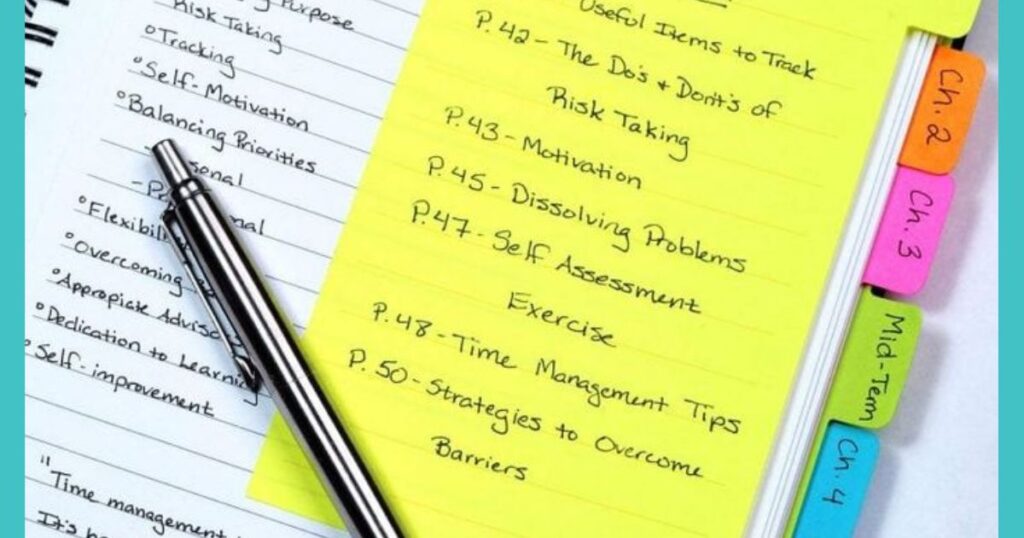
This simple act encourages self-reflection, allowing young adults to recognize patterns of thought that may stifle their self-worth, replacing negative affirmations with empowering ones, and also supporting external links that remind teens they are surrounded by support as they embrace who they truly are.
Appreciation of Self-Image and the Mirror
In teenage confidence-building activities, the mirror can serve as both a tool and a canvas, reflecting not just our physical appearance but also our evolving self-perception. Standing before this glass portal, adolescents have a unique opportunity to engage in self-dialogue that transcends mere appearances.
Whether through spontaneous dance sessions or moments spent practicing empowering speeches in front of their reflection, these activities can reinforce a sense of agency and ownership over their narratives building lasting confidence as vibrant as their reflections themselves.
Establishing Growth Mindset
Engaging teenagers in confidence-building activities that challenge their abilities can catalyze this transformation. Introducing them to group projects or collaborative games allows them to navigate failures and setbacks within a supportive environment.
The key lies in reframing these experiences not just as challenges, but as opportunities for learning and personal development. Support a growth mindset equips teenagers with the tools they need for academic success lifelong learning and resilience in an ever-changing world.
Practice Positive Body Language
The power of positive body language can be a transformative teenage confidence-building activity. When teens consciously adopt open gestures like uncrossed arms, sustained eye contact, and relaxed posture they not only convey self-confidence but also hack into their mental state.
Research shows that our body language can influence how we feel. Standing tall with shoulders back can instantly uplift mood and bolster confidence levels. Encouraging young people to practice these nonverbal cues in social settings or during presentations can significantly change how they perceive themselves and are perceived by others.
Explore a New Hobby
One of the most rewarding ways to bolster teenage confidence is by exploring new hobbies that ignite passion and encourage creativity. Whether it’s delving into photography, trying out skateboarding or learning a musical instrument, each activity offers unique opportunities for self-expression and personal growth.
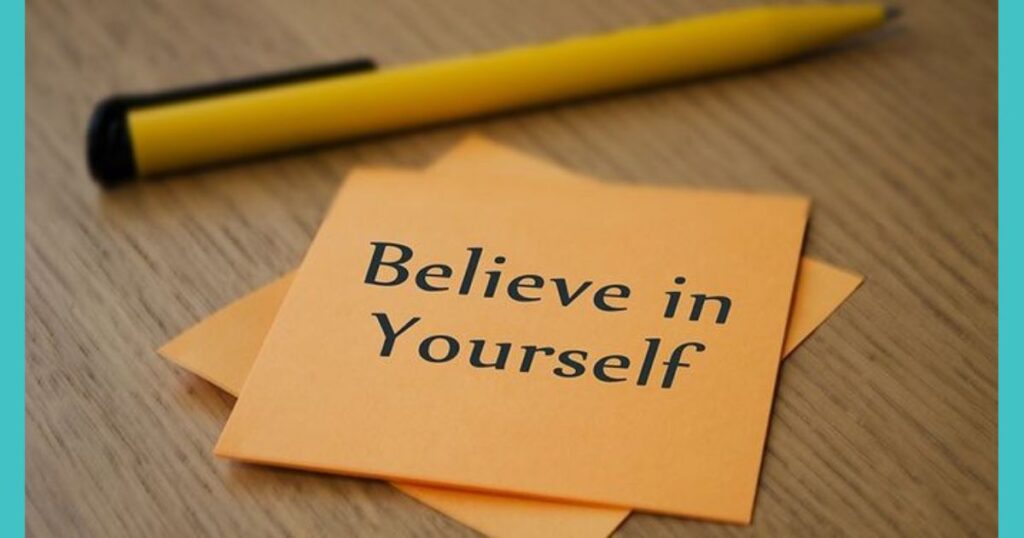
Engaging in these pursuits not only allows teens to discover talents they never knew they had but also encourages resilience as they navigate the challenges of mastering something new. By stepping outside their comfort zones and embracing the thrill of learning something fresh, teens can unlock newfound confidence that transcends just one aspect of their lives.
Be Kind to Yourself
Being kind to yourself is a crucial element in developing teenage confidence. In a world where social media comparisons and academic pressures can magnify insecurities, practicing self-compassion becomes a transformative act. Activities geared towards enhancing confidence like journaling about personal strengths or engaging in creative arts allow teens to express their uniqueness rather than conforming to external standards.
These activities not only promote self-awareness but also provide a safe space for exploration without judgment. Encourage them to celebrate small victories through positive affirmations or engage in supportive peer groups where the focus is on uplifting each other. Such environments nurture resilience and facilitate an honest dialogue about challenges, creating a foundation for lifelong self-kindness.
Suggest Your Teen Use Music to Feel Good
Encouraging your teen to explore the transformative power of music can be an incredible addition to their confidence-building activities. Music is not just entertainment; it serves as a potent emotional outlet and a tool for self-expression. Engage with different genres whether it’s belting out pop hits in their room, strumming a guitar, or even creating playlists that resonate with their current feelings.
This practice not only boosts mood but also encourages resilience by empowering them to articulate feelings that might otherwise feel overwhelming. Encourage your teen to see music not just as sound but as an enriching journey toward understanding themselves and building lasting relationships during these formative years.
Check on Their Circle and Identify a Mentor.
Surrounding oneself with the right people is vital in teenage confidence-building activities. A supportive circle can uplift and inspire, while a negative environment may stifle growth. Encourage teens to evaluate their friendships are they surrounded by individuals who challenge them positively?
A circle of friends who share aspirations, celebrate achievements, and motivate each other encourages an atmosphere ripe for self-discovery and resilience. Establishing these connections early on equips teens with tools and networks that will serve them well into adulthood.
Transforming Negative Self-Talk Activity
Negative self-talk can be a crippling barrier for teenagers, often undermining their confidence and hindering their potential. One transformative activity involves creating a “self-compassion toolbox.” Teens can personalize this toolbox by including positive affirmations that resonate with them, quotes from inspirational figures, or even reminders of past achievements.
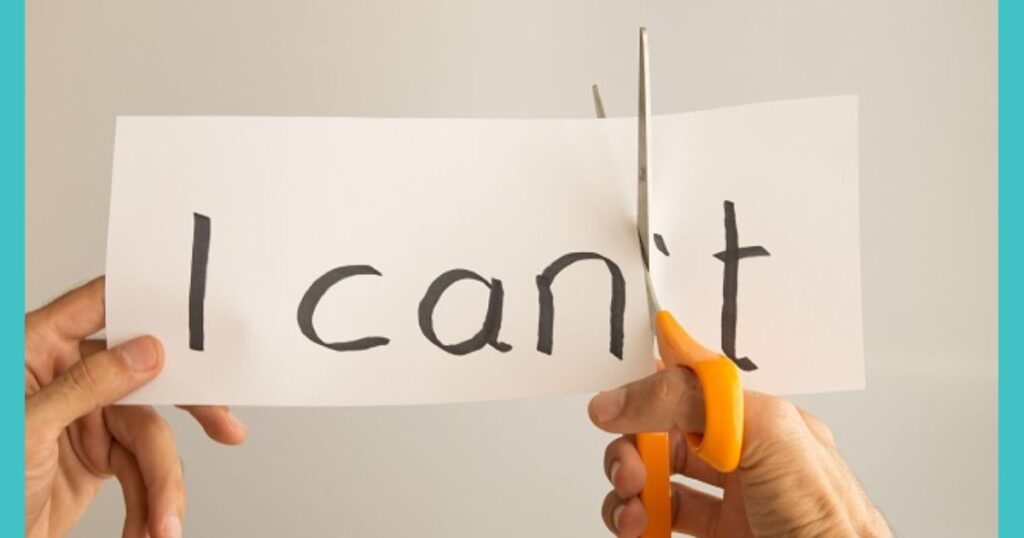
Regularly revisiting this toolkit encourages them to pivot away from harsh self-criticism and encourages an environment of self-kindness. This shift not only enhances teenage confidence but also equips young individuals with practical skills to combat negativity throughout their lives, making it one of the most effective teenage confidence-building activities available today.
Certificate of Recognition
A Certificate of Recognition can serve as a powerful tool in teenage confidence-building activities, offering an external validation that reinforces self-worth. When teens are acknowledged for their achievements whether in academics, sports, or community service they receive more than just a piece of paper; they gain recognition that fuels their motivation and encourages them to pursue further challenges.
This simple gesture has the potential to catalyze personal growth and inspire peers when displayed proudly at home or shared within social circles. This approach creates a supportive atmosphere where young people learn to appreciate each other’s abilities while cultivating resilience in the face of setbacks a crucial aspect of building lasting self-esteem during these formative years.
Create a Self-Appreciation Chart.
Creating a Self-Appreciation Chart can be an empowering exercise for teenagers looking to boost their confidence. This activity goes beyond mere affirmations; it encourages young individuals to visualize their strengths and achievements tangibly. Start by dedicating a colorful poster board or digital space where they can list qualities, accomplishments, and even moments of resilience that make them proud.
As they fill in this chart, they not only acknowledge their self-worth but also create a reference point to revisit during challenging times, cultivating resilience through reflection. This innovative twist not only ignites confidence-building but establishes stronger bonds with those around them while reminding them of the power of collaboration in personal growth.
- Competence
- Resilience
- Optimism
Competence
Creating a Self-Appreciation Chart can be a transformative tool for teenagers looking to boost their confidence. Instead of focusing solely on achievements dictated by external standards, this chart encourages their unique competencies those special skills or qualities that may often go unnoticed.
Resilience
Creating a Self-Appreciation Chart is an empowering tool for teenagers looking to boost their confidence and cultivate resilience. This visually appealing chart allows them to recognize their strengths, celebrate achievements, and acknowledge personal growth.
Optimism
Creating a self-appreciation chart is an empowering tool for teenagers looking to boost their confidence and embrace a mindset of optimism. This visual representation serves as a daily reminder of personal strengths, accomplishments, and qualities that make them unique.
Incorporate Daily Exercise or Movement.
Incorporating daily exercise or movement can be a transformative experience for teenagers looking to boost their confidence. Viewing physical activity as another chore, consider it an empowering outlet for self-expression. Whether it’s dancing in the living room, or biking through the neighborhood, finding a form of movement that resonates can help teens discover their unique strengths and abilities.

This not only improves physical health but also encourages a sense of accomplishment that fuels self-esteem. Those endorphins released during exercise create a natural mood boost that’s vital for emotional well-being during these formative years. Making daily movement part of life doesn’t just shape the body it shapes empowered individuals ready to tackle new challenges confidently.
Identify and Explore Personal Strengths.
The process of exploring these strengths often leads to self-discovery and resilience. Engaging in new activities be it sports, arts, or community service allows teens to uncover hidden talents and passions that may have gone unnoticed. This exploration encourages a growth mindset, young individuals learn to embrace challenges as opportunities for development.
Celebrating these personal attributes not only fortifies confidence but also cultivates an empowered identity that will serve them well into adulthood. Think of each strength as a unique tool in your toolbox. if you possess strong listening skills, consider how that can enhance your connections with peers or help you excel in group projects.
Use Positive Affirmations
Creating a personalized affirmation practice can also enhance the connection between mind and body. Encouraging teens to pair their Positive affirmations with daily routines speaking them clearly while getting ready for school or writing them in a journal each night creates consistency. This ritual not only reinforces positive thinking but also promotes mindfulness journaling, allowing teenagers to cultivate more compassionate relationships.
Embracing positive affirmations enables young individuals to navigate adolescence more confidently while laying the groundwork for a lifelong journey toward self-empowerment and well-being. By consciously choosing words that reflect their aspirations and strengths, teens can rewire their mindset to foster resilience and a brighter self-image.
Set Clear & Achievable Goals.
Teens need to ensure their goals resonate personally with them rather than adhering to external pressures or societal expectations. When young individuals align their objectives with personal passions be it mastering an instrument or starting a blog on a favorite subject, they infuse motivation fueled by genuine interest.
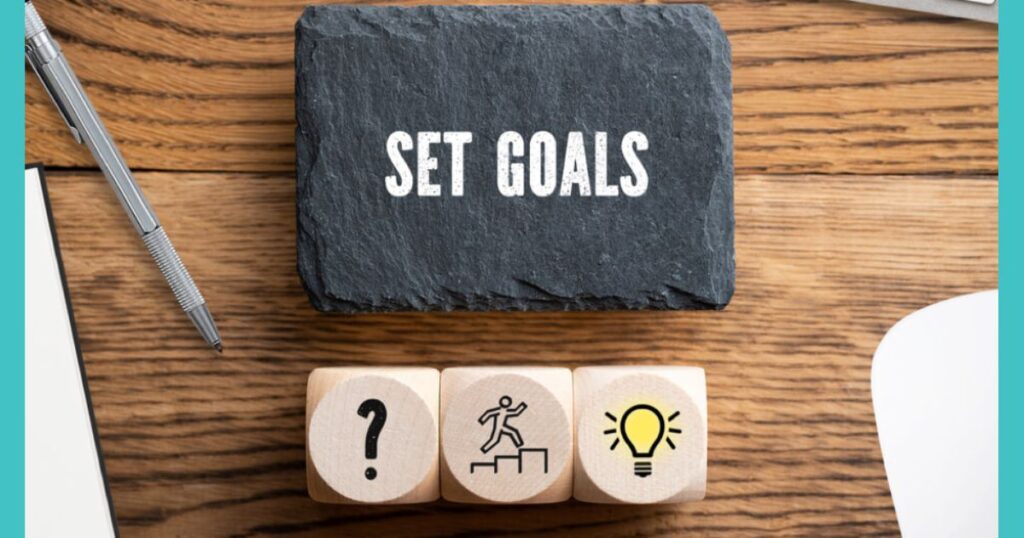
Celebrating these milestones encourages resilience; setbacks are reframed as learning experiences, further cementing confidence and encouraging continued growth. Setting intentional goals lays the foundation for lifelong skills that extend well beyond teenage years creating ambitious dreamers who aren’t afraid to navigate life’s complexities with assurance.
- Increases Engagement
- Improves Well-Being
- Improves Self-Awareness
- Sets Students up for Success in School
Increases Engagement
Setting clear and achievable goals is a powerful catalyst for teenagers looking to boost their confidence. When teens break down their aspirations into manageable targets, they begin to see progress more quickly; this immediate sense of accomplishment can be tremendously motivating.
Improves Well-Being
Setting clear and achievable goals is not just about ticking boxes; it’s a vital process for teenagers looking to boost their confidence. When young minds create specific objectives, they gain a roadmap that transforms vague aspirations into tangible milestones. Engaging with this structured approach not only propels academic or social success but also encourages emotional stability during such formative years.
Improves Self-Awareness
Setting clear and achievable goals is a foundational step for teenagers looking to boost their confidence. By identifying specific objectives, they can break down larger dreams into manageable tasks. This not only creates a tangible path toward success but also encourages a sense of ownership over one’s progress.
Sets Students up for Success in School
Setting clear and achievable goals is a powerful strategy for teenagers looking to boost their confidence, especially in the academic arena. When students articulate specific objectives whether it’s mastering a challenging math concept or improving their essay-writing skills they create a roadmap that transforms overwhelming tasks into manageable steps.
Conclusion
Encouraging confidence and self-esteem in teenagers is essential for their overall development and well-being. These 15 activities offer a diverse range of options that can cater to different interests and personalities, allowing teens to discover their strengths and build resilience. By engaging in these activities, teenagers not only enhance their self-worth but also cultivate valuable life skills that will benefit them long into adulthood.
Open conversations about feelings and experiences can further reinforce the positive impact of these activities. Take the first step today to empower the teens in your life to embark on this transformative journey towards greater confidence as teens engage in these activities, they not only boost their self-worth but also encourage lasting friendships and life skills. Promote the teenagers in your life to embark on this journey of self-discovery today!
FAQs
How to Boost a 12-year-old’s Confidence?
To boost a 12-year-old’s confidence, encourage them to pursue their interests and celebrate their achievements, no matter how small. Providing a supportive environment where they can express themselves freely helps them feel valued and understood.
What is a Confidence-Building Activity?
A confidence-building activity is any exercise or task designed to enhance an individual’s self-esteem and belief in their abilities, often through practice, positive reinforcement, and overcoming challenges.
How do you Build Self-Confidence as a Student?
Building self-confidence as a student involves setting achievable goals, embracing challenges, and celebrating small successes. Start by identifying specific areas where you want to improve and break them down into manageable tasks.
How can High School Students Build Confidence?
High school students can build confidence by setting achievable goals and stepping out of their comfort zones. Engaging in extracurricular activities, such as sports, clubs, or community service, allows them to develop new skills and interact with peers in a supportive environment.
Which Exercise is Best for Confidence?
The best exercise for confidence is strength training, as it not only builds physical strength but also empowers individuals mentally. Engaging in activities like weightlifting or bodyweight exercises can lead to noticeable improvements in your physique and overall fitness, which often translates to enhanced self-esteem.
How do you Build Confidence in Shy Students?
Building confidence in shy students requires creating a supportive and inclusive environment where they feel safe to express themselves. Start by encouraging small group interactions or paired activities, which can help them gradually become more comfortable speaking up.
How can I Train my Brain to be Confident?
Start by practicing positive self-talk and challenging negative thoughts. Replace self-doubt with affirmations that reinforce your strengths and abilities. Regularly remind yourself of past successes, no matter how small, to build a mental reservoir of achievements that boost your self-esteem.

